Stay Humble and Keep Shooting: This Is the Photography of Toshiki Yukawa

To start this week's photographer profile, I have to confess that I'm a pleased man. I'm pleased in the sense that I get to speak to very talented photographers to learn about their photography and the philosophy they live by. One of the photographers I've really wanted to feature here is Toshiki Yukawa, a Japanese photographer based in Montreal, Canada. In his own words, Toshiki "focuses on interactions between people and the world, giving you new insights out of lives everyone likely has."
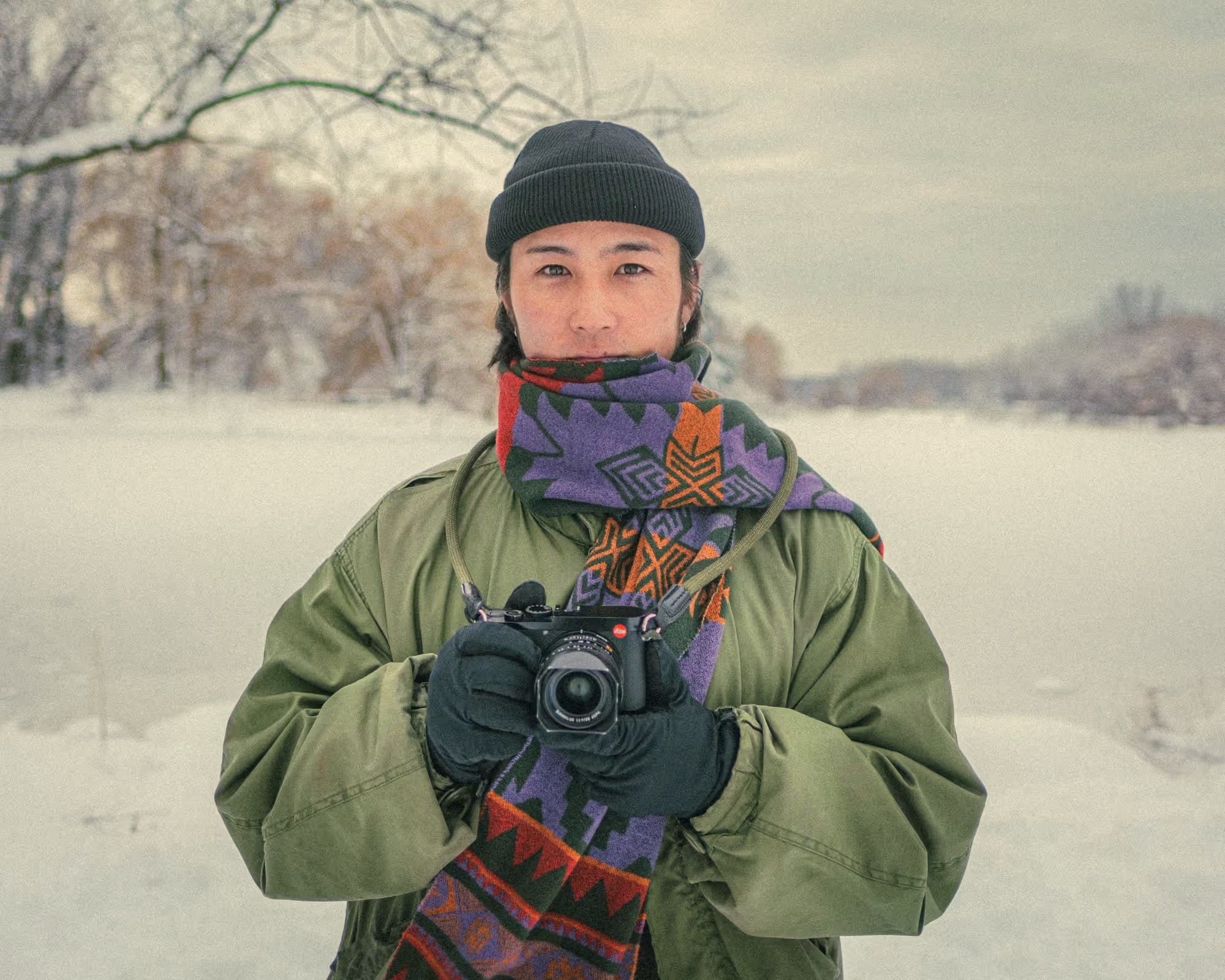
I know Toshiki from his YouTube channel, where he mixes Japanese philosophy with photography, explaining how these often ancient philosophies can help you improve your work. Toshiki's videos offer a very fresh perspective on photography, even though he claims:
"I'm not someone who's in a position to advise others, but I'll keep doing my best to create work that expresses what I truly want to say."
Expressing Himself Through Photography
Expressing himself through photography is something he started early in life.
"My grandfather was a photographer, and my father also took photos under his influence. So, I was familiar with cameras from a young age. However, I never took photography seriously. It wasn't until about three years after I started working at a company in Japan that I began to take photography more seriously. I had the opportunity to work in India for about two years. Since it was such a different country from Japan, I wanted to capture its unique atmosphere through my camera. That experience is what truly sparked my passion for photography.
While taking photos in India, I realized I could keep walking and shooting without noticing the time or feeling tired. I had never been so absorbed in something before, and all I wanted was to get better at it."
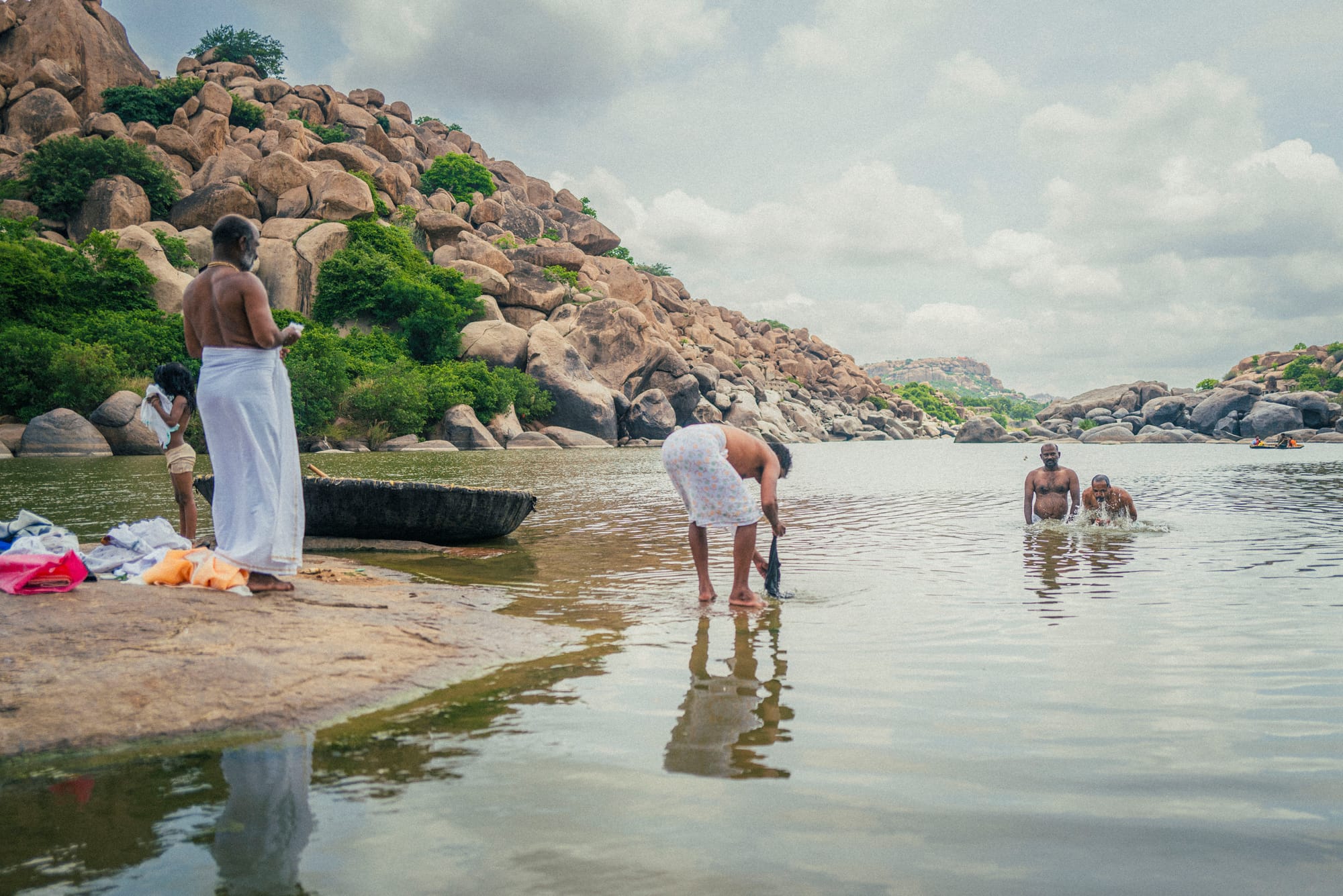
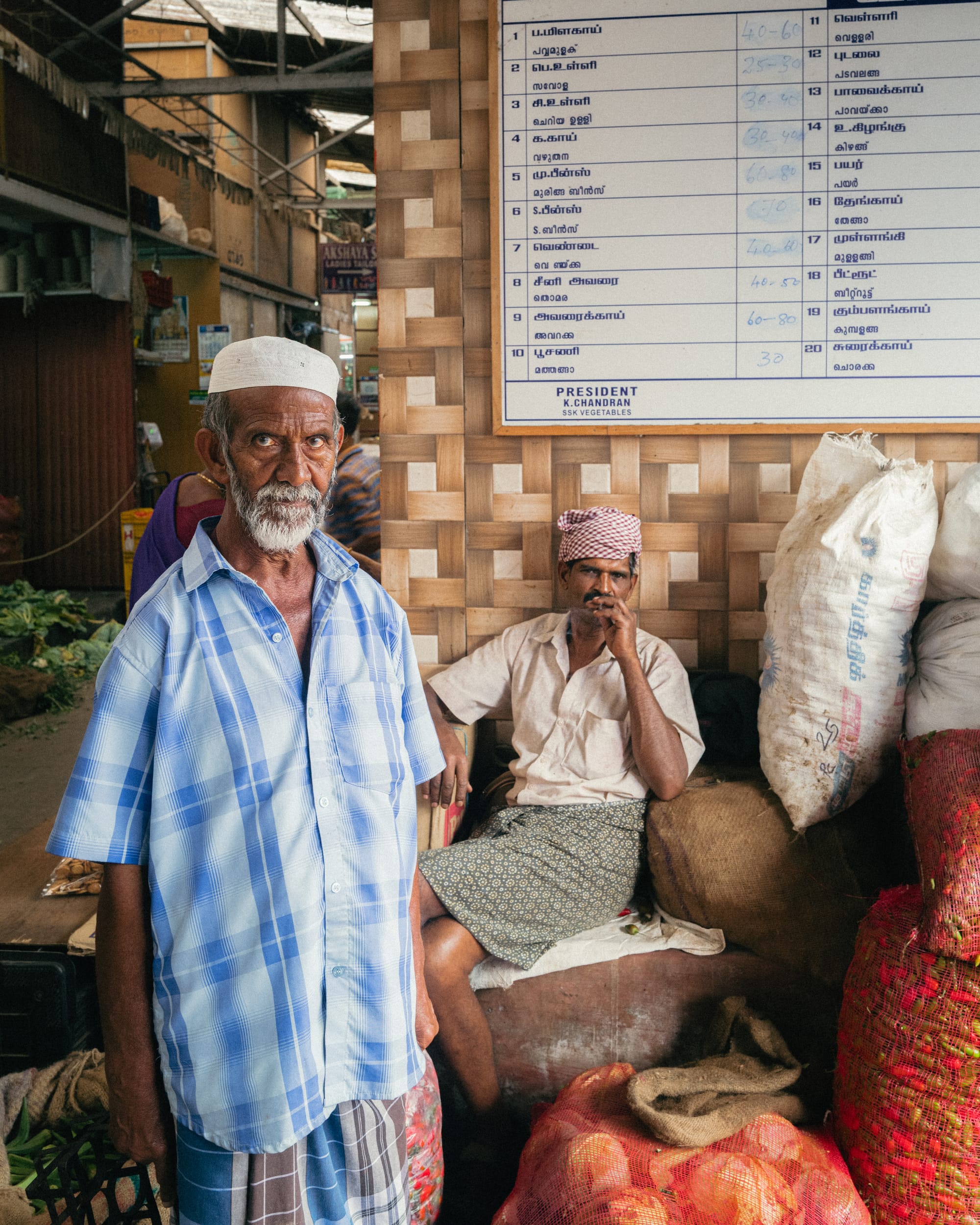
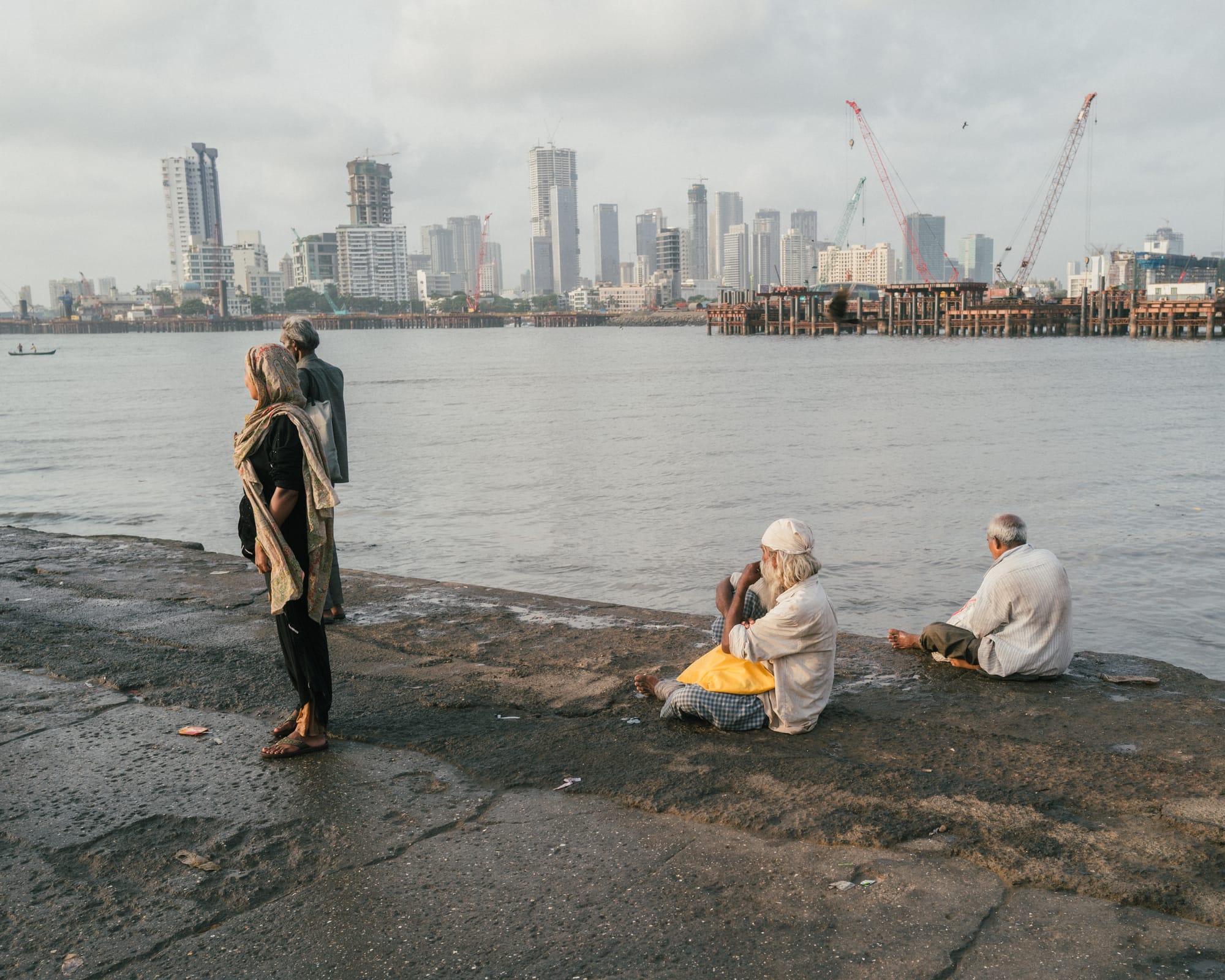
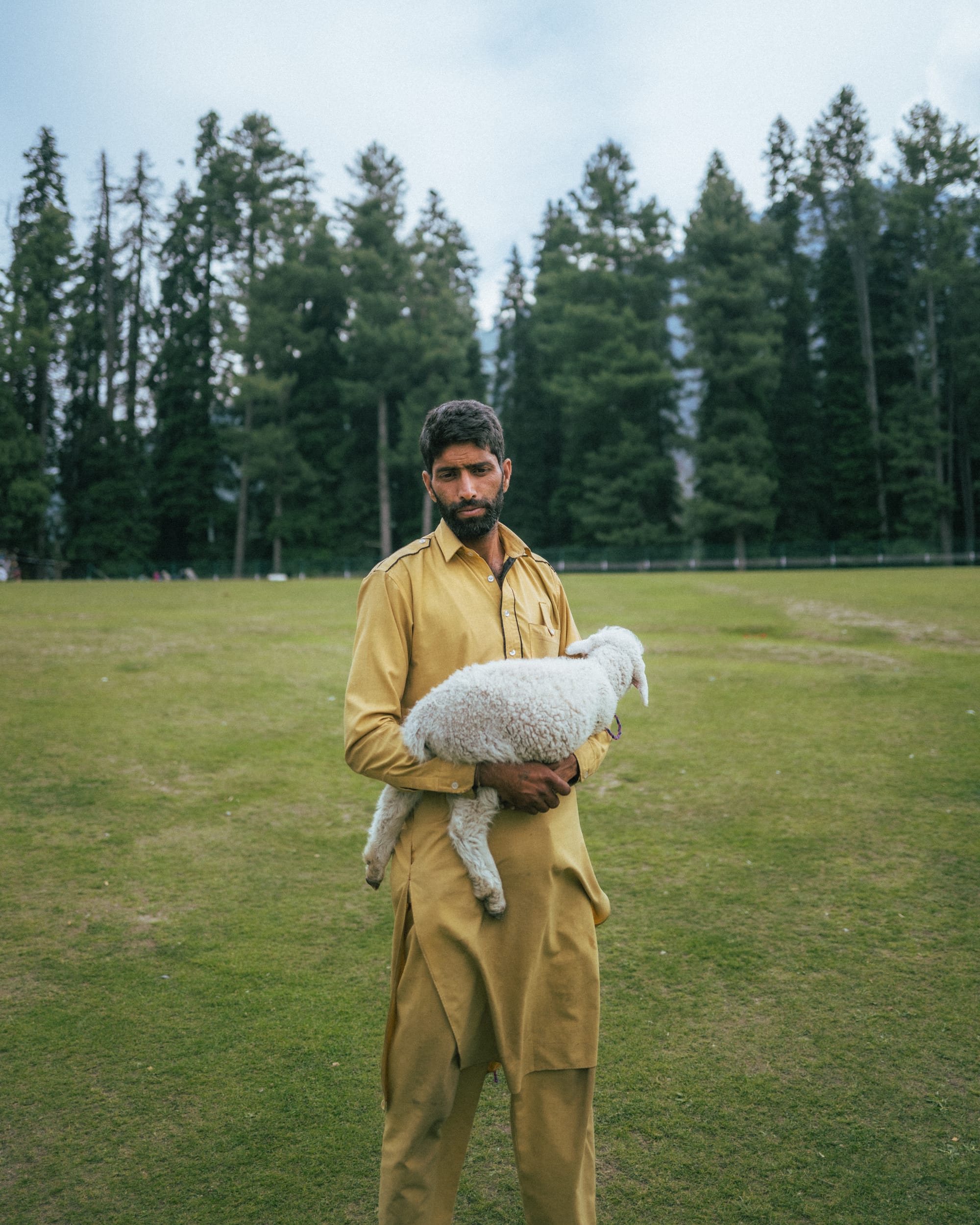
The Influence Behind Toshiki's Photography
When looking at Toshiki's work, what strikes me is how his photos seem to be taken casually, making them feel full of life and emotion. His images invite the viewer to feel like they're part of the scene, something Toshiki says he's learned by studying other photographers' work.
"I've been influenced by many photographers, but I've learned much about using irony and colour from Martin Parr's work. I also find Masahisa Fukase's approach—expressing his emotions and inner frustrations through photography—continually inspiring. Outside of photography, I'm deeply influenced by the Japanese film director Kiyoshi Kurosawa (not to be confused with Akira Kurosawa). His films have a unique ability to make everyday scenes feel unsettling or eerie, and I hope to capture that kind of atmosphere through my photography as well."
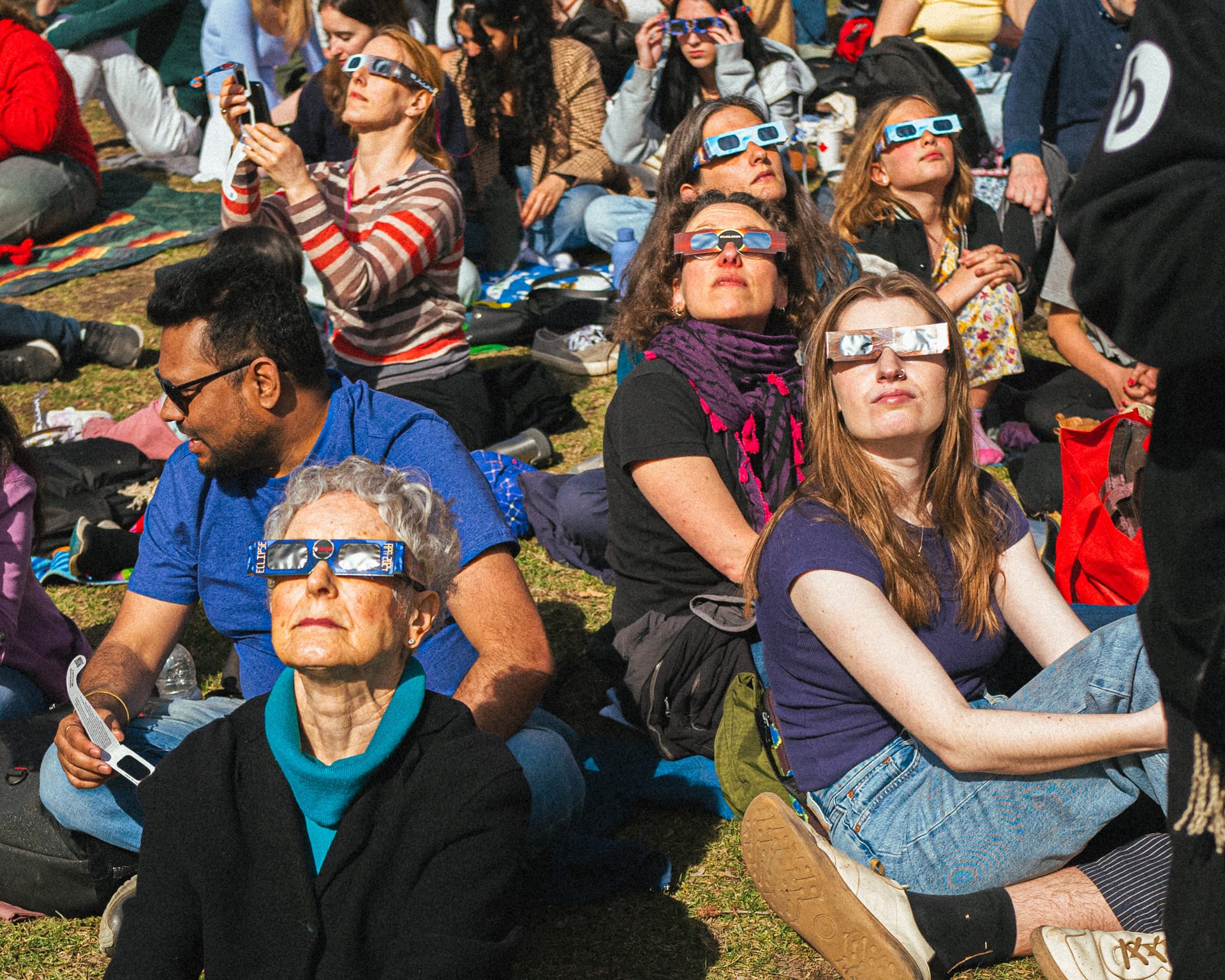
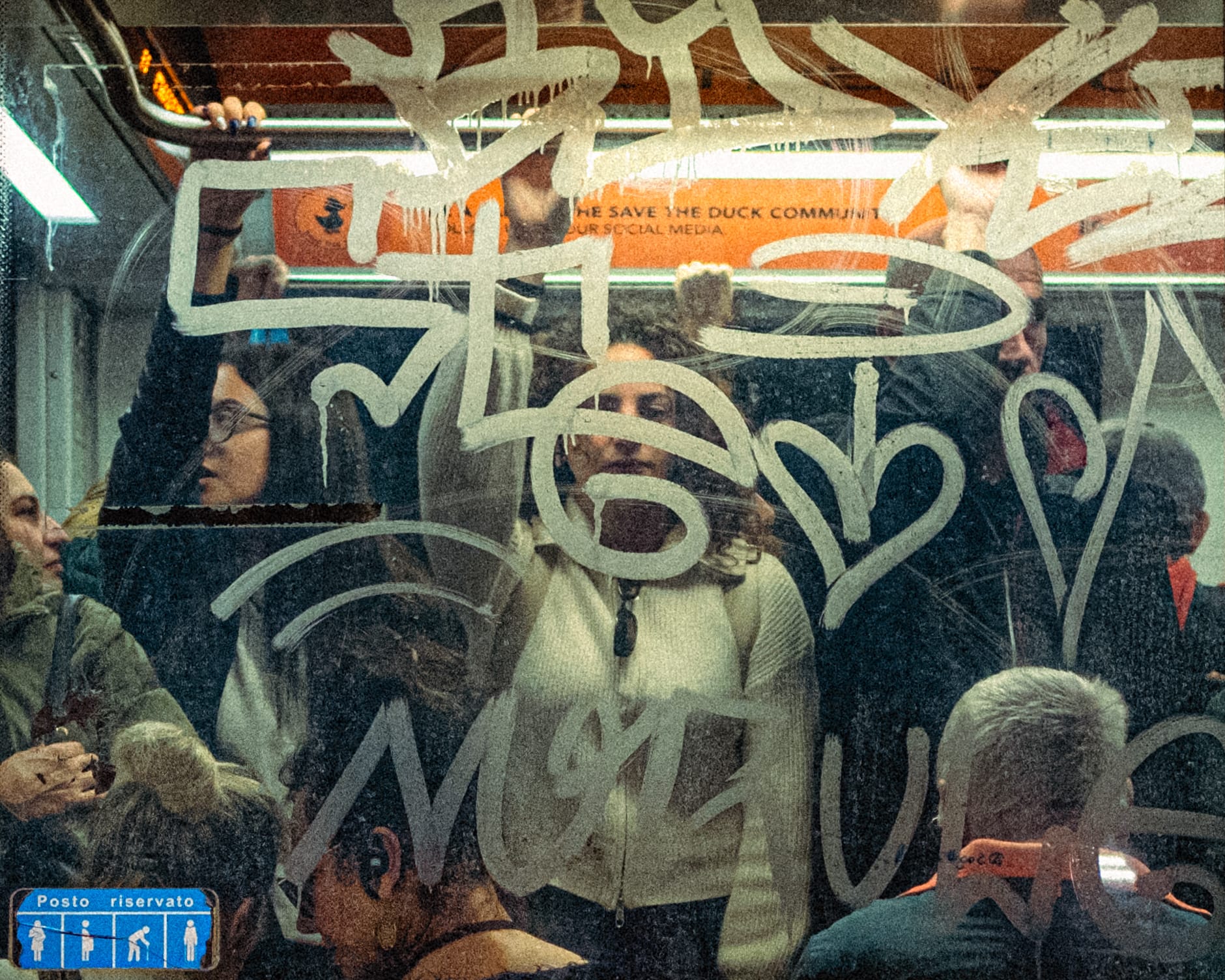
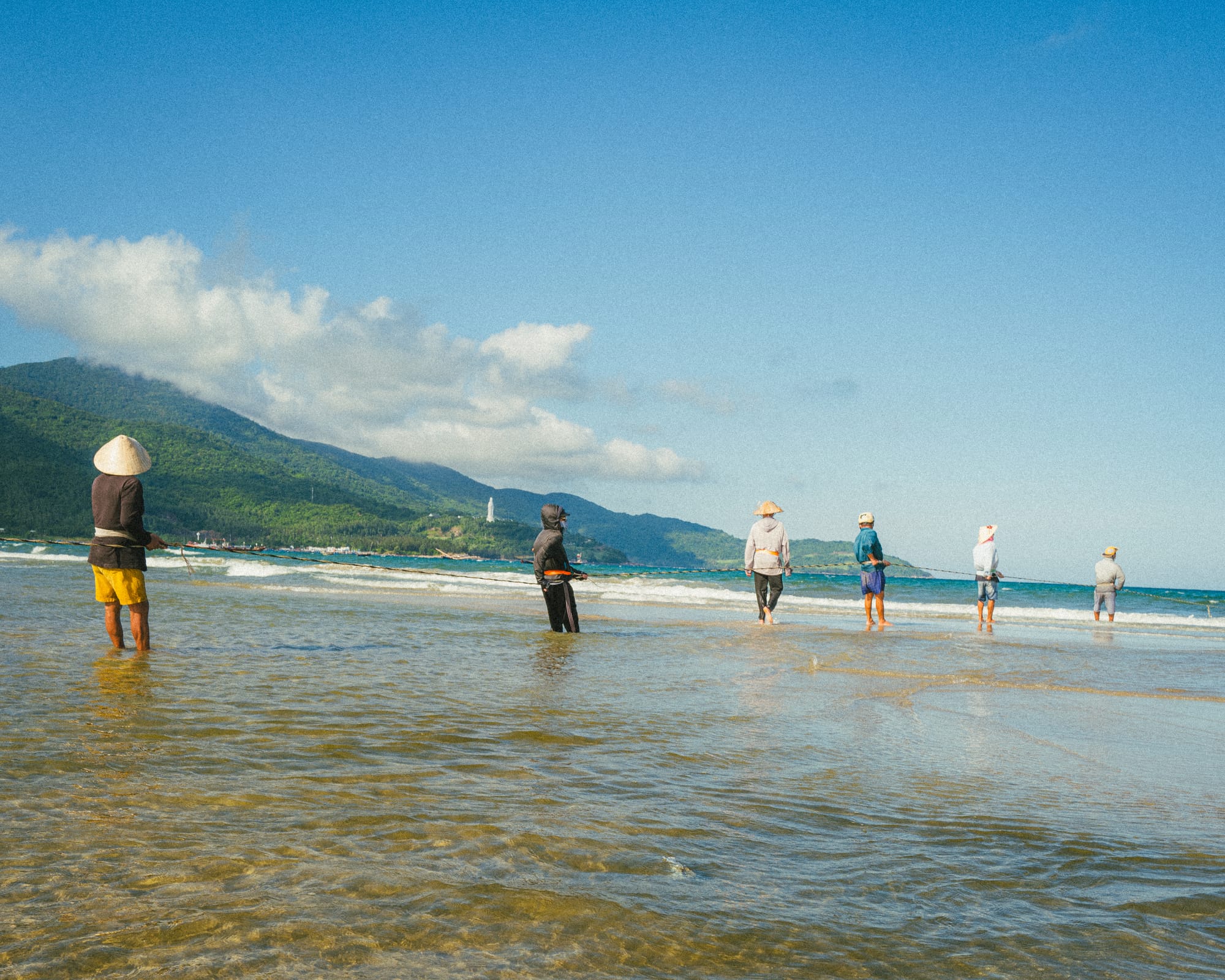
Capturing Atmosphere
Capturing atmosphere and creating his own visual language is still a work in progress for Toshiki, and it is not without its challenges.
"In many ways, my biggest enemy is my own personality. When shooting street photography, I constantly remind myself that no one's paying attention to me. I'm extremely self-conscious—even just raising my camera in public can be scary."
"I'm still in the process of discovering my style, so it's hard to define it clearly. However, since I often photograph outside of my home country, I always try to take pictures that can offer a fresh perspective or spark new realizations for the local people. I just walk around as much as I can. There are days when I don't take a single photo, but I accept that as part of the process and keep walking anyway. Lately, I've been using flash more often. In addition to the layers created by the subject and composition, I've started to find the layers created by the artificial light of the flash even more intriguing."

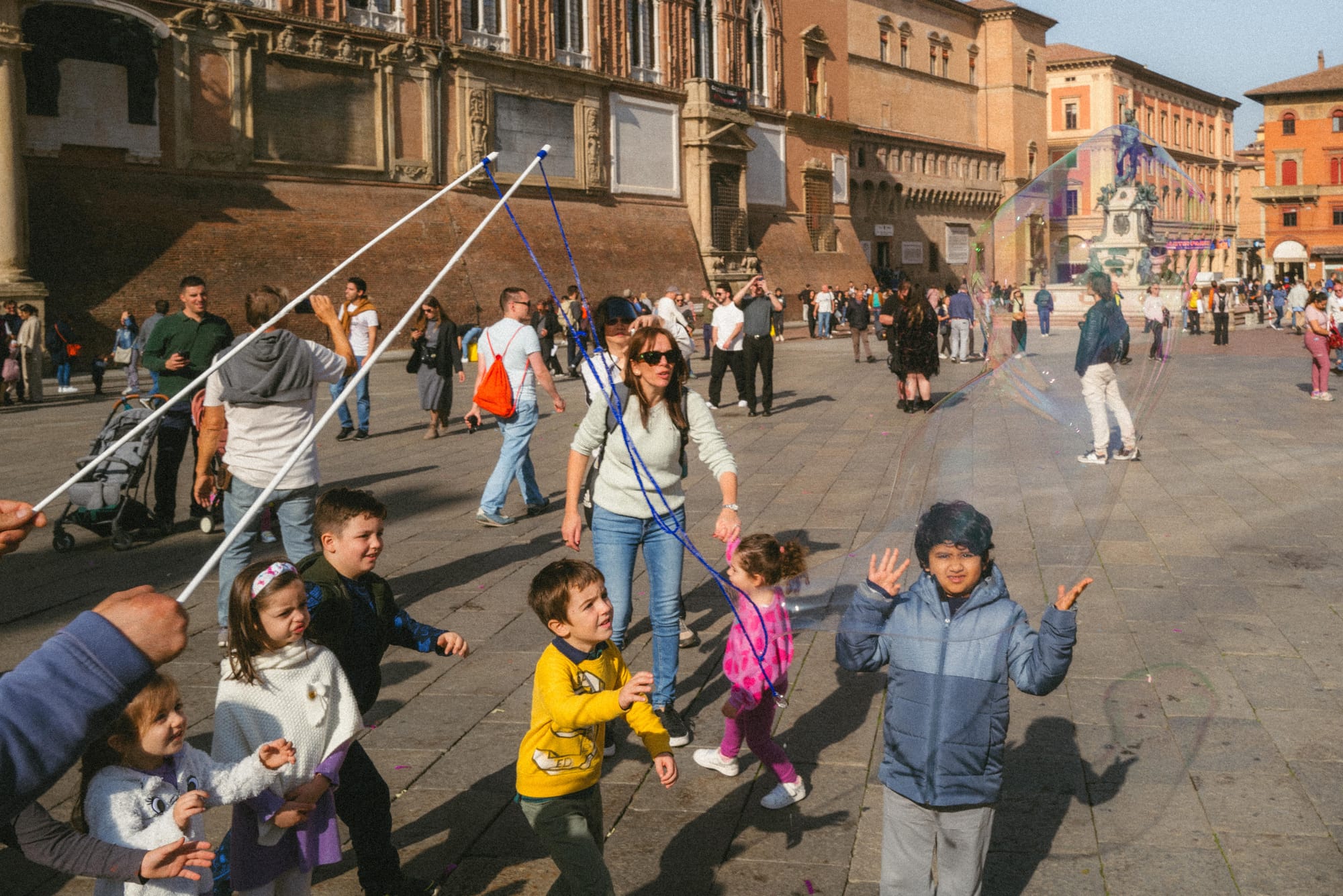
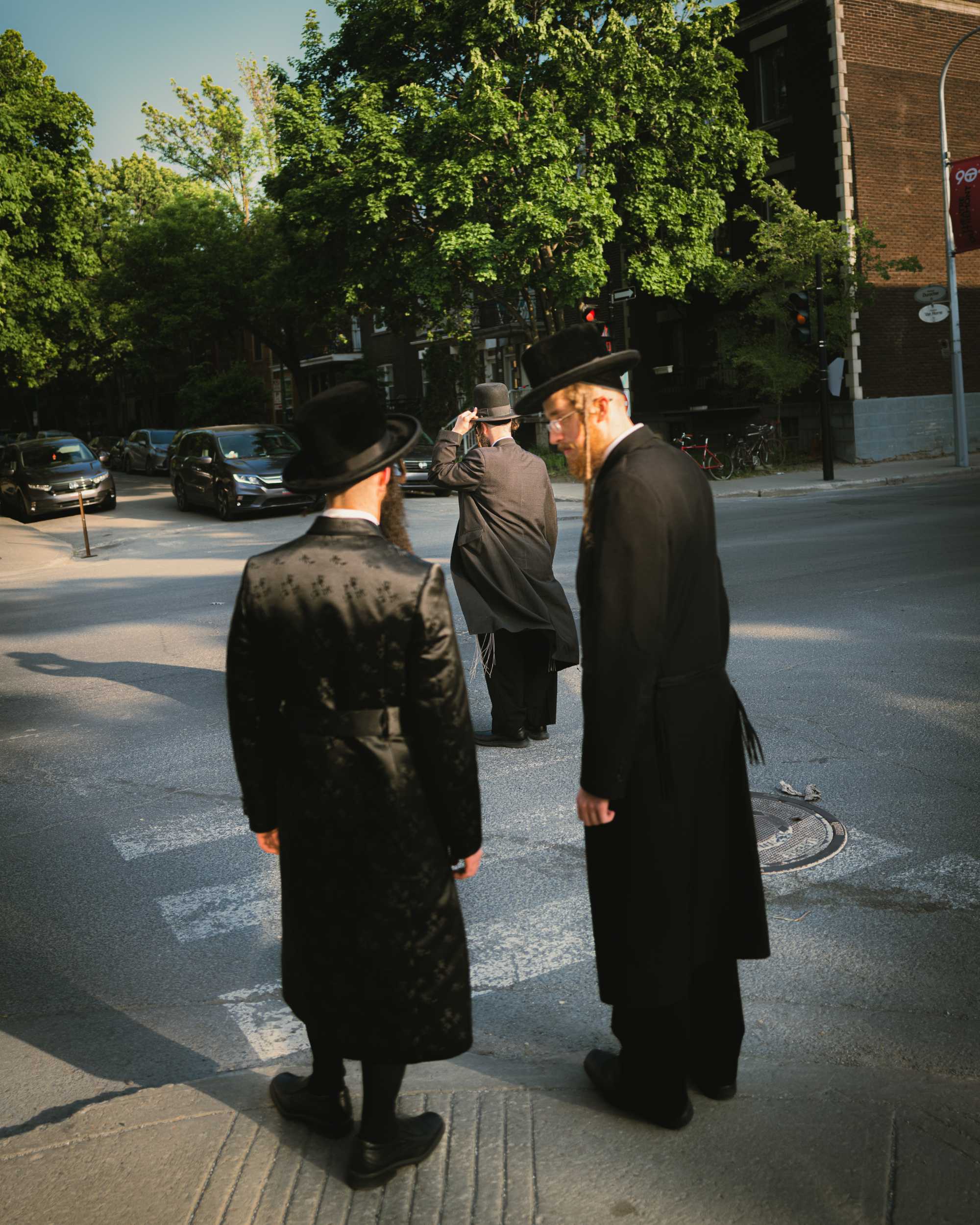
"When I'm not feeling very motivated to take photos, I try to at least go outside. Sometimes, I just watch a Rocky training montage to get myself going. Instead of waiting for inspiration to return on its own, I actively fuel it—even if that means forcing myself to get out there. Accepting that version of myself, who goes out anyway, is important if I want to keep doing this in the long run."
"One thing I focus on when editing my photos is pushing the colour saturation as much as possible within a natural-looking range. Over-saturating is often criticized in modern digital photography, and I used to share that mindset. However, when I saw the works of early Japanese colour photographer Kusakabe Kimbei, that mindset changed for me."
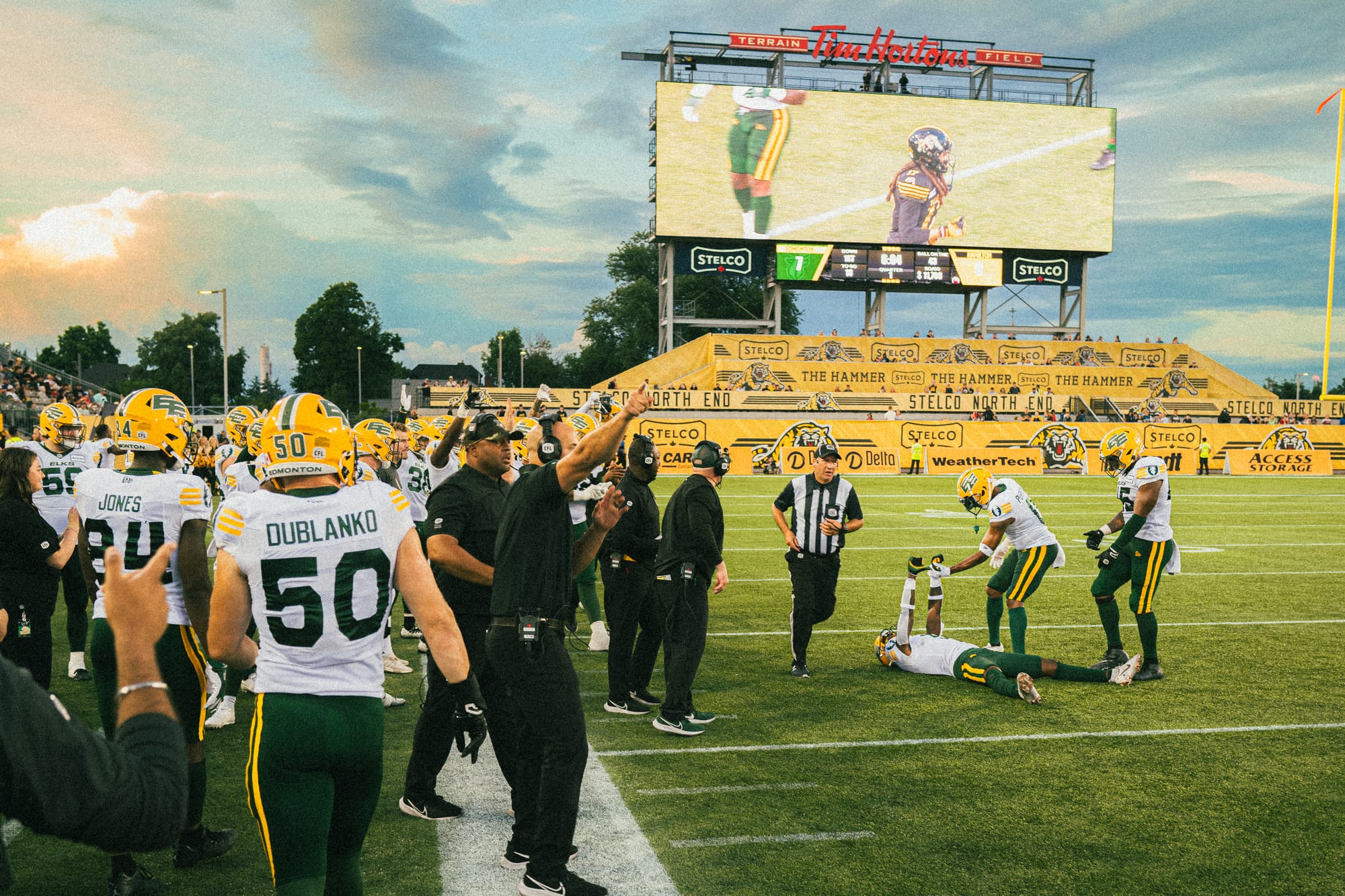
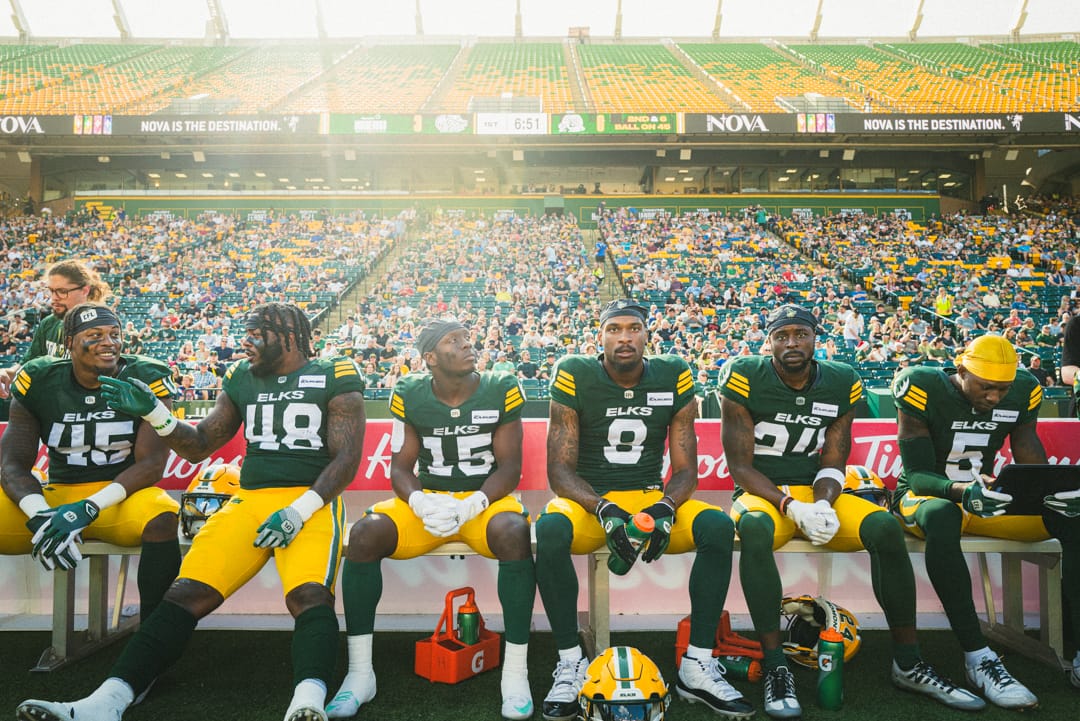
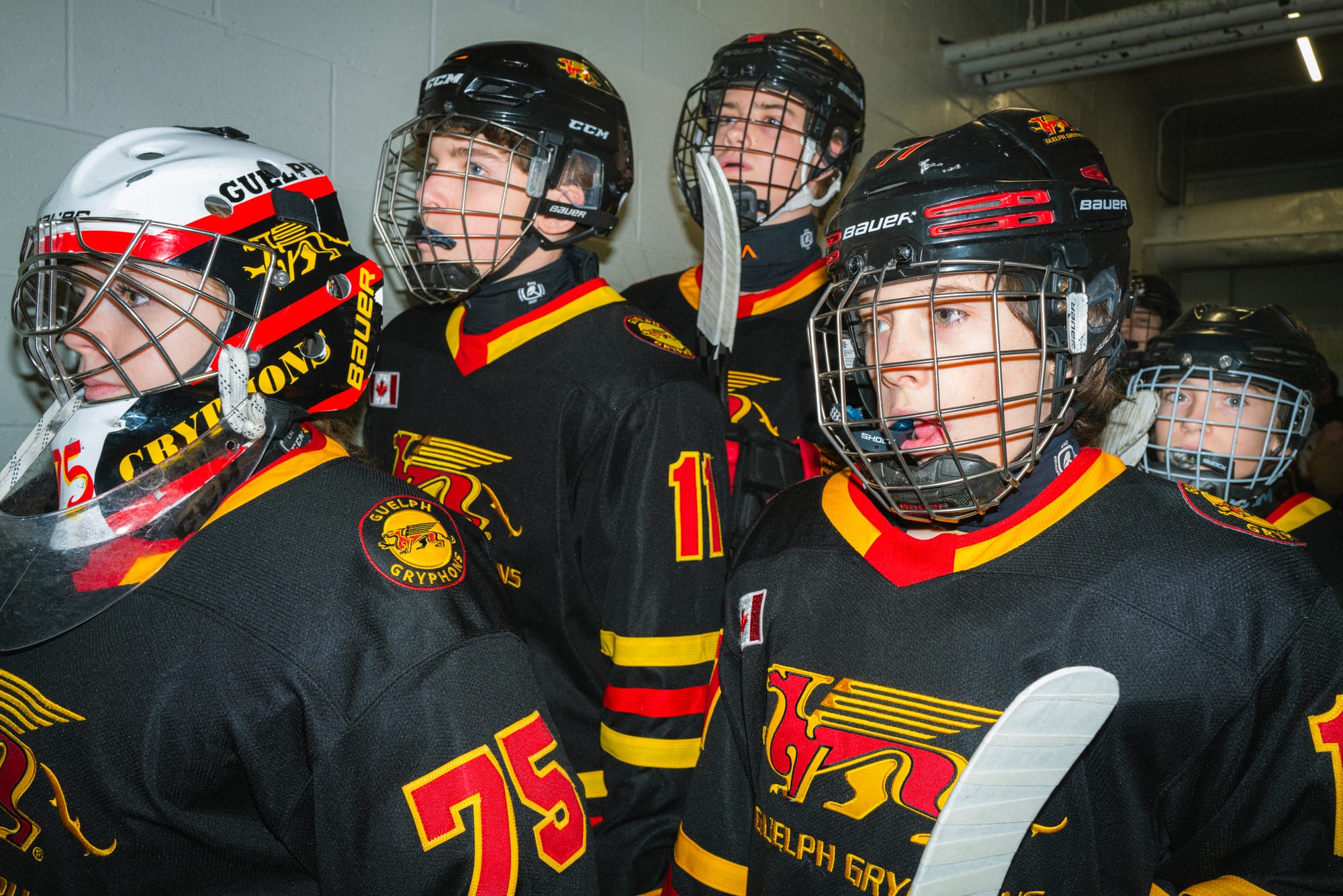
Philosophy on Photography and Inspiration
"In photography, it's crucial not to feel like you've figured everything out. After shooting for a while, it's natural to feel like you're getting better, but the world of photography is far deeper and wider than we think. As soon as you explore another genre, you realize there's an entire vast world there, and you're reminded of just how little you know and how much more you have to learn as a photographer. I think it's crucial to just experiment with shooting different things. Over time, you'll naturally discover your favourite subjects and the genre you're most comfortable with. Quantity is really important. Of course, it would be better if quality comes with it, but especially in the beginning, as you take more photos, you get better."
Toshiki often steps away from photography completely to find new motivation and inspiration. "Like most photographers, I love travelling, watching movies, and reading books. But recently, I've started getting into nail painting. I never thought I'd be into it, but after trying it on a whim, I've found that I really enjoy it. Every time I look at my hands, it boosts my mood."
"Lately, I've been using flash more often. In addition to the layers created by the subject and composition, I've started to find the layers created by the artificial light of the flash even more intriguing."
"Another thing I do when I feel stuck working in my room is I often go to the library. Including the walk helps me feel connected to society, making it easier to focus without overthinking things. Another great thing about libraries is having access to a wide range of photography books."
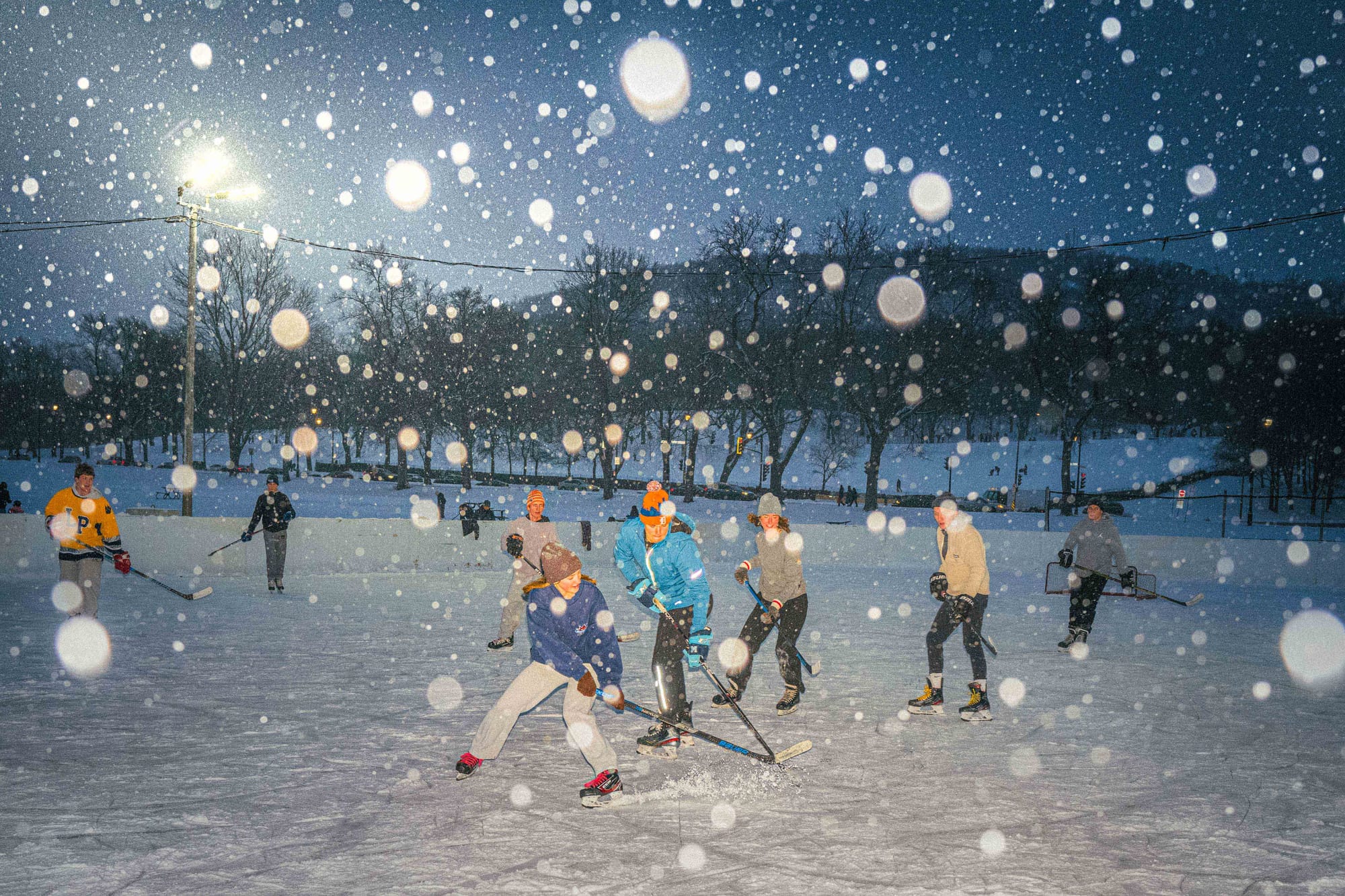
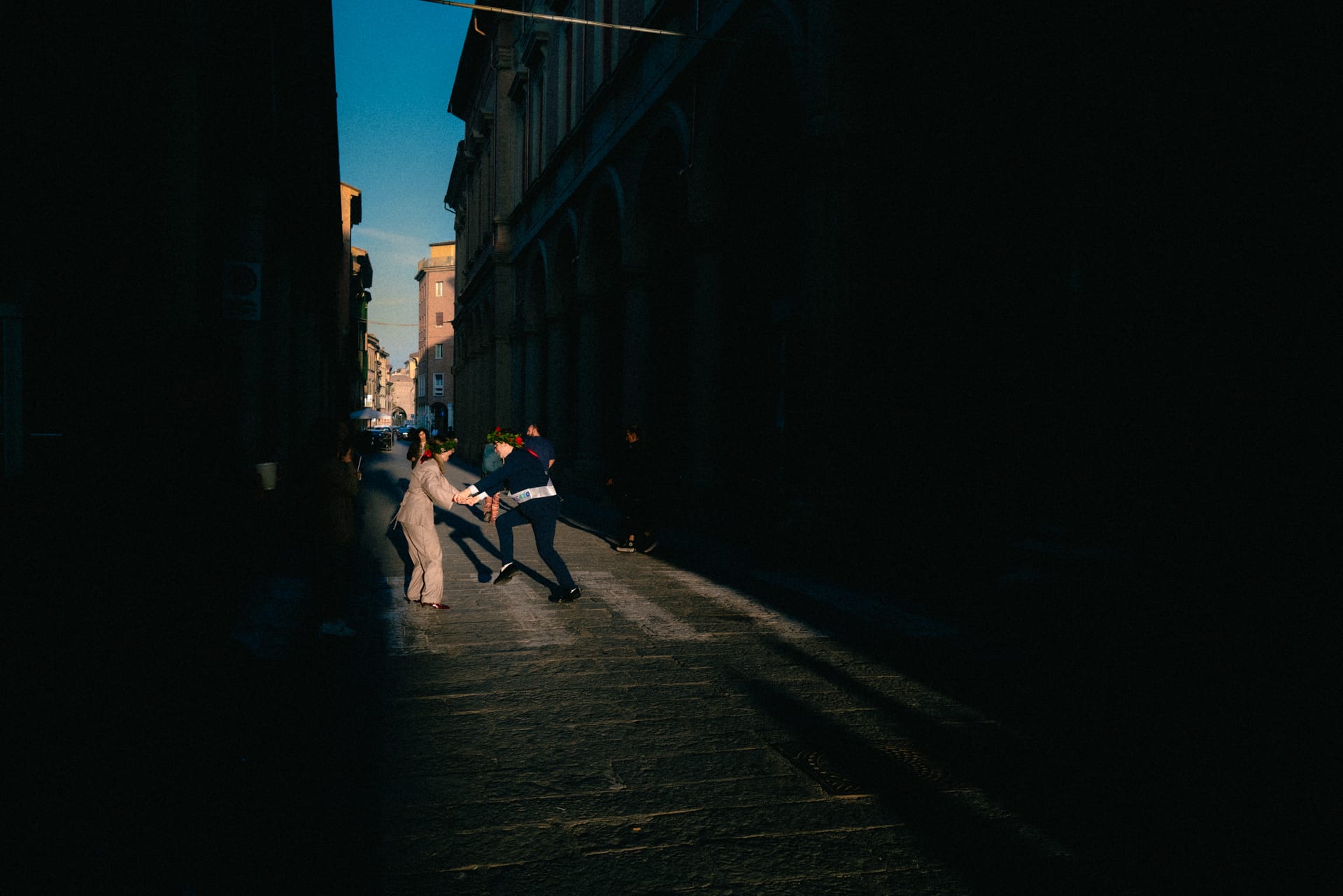
Speaking of books, Toshiki says he would like to publish his own one day. "I aim to work on a long-term project and eventually publish a book. Rather than simply collecting candid snapshots, I want to develop a concept, shoot intentionally, and bring everything together into a cohesive body of work."
"Thank you for reading all the way through. I'm not in a position to advise others, but I'll keep doing my best to create work that expresses what I truly want to say."
If you want to know more about Toshiki and his work, you can find him here:
Instagram: https://www.instagram.com/yukawatoshiki/
YouTube: http://www.youtube.com/@ToshikiYukawaphoto
Website: https://toshikiyukawa911.com
🙏🏻 Thank You Toshiki and thank you for Reading!
Do you enjoy this kind of content? Subscribe to my free weekly newsletter below, and you'll get the next edition of Photographer's World Weekly—packed with inspiring stories, great photography, and creative insights straight to your inbox every Sunday!
Be Featured Here
Do you have a good story to tell, or would you like to be featured as a photographer, please visit my submissions page. Have a question? Feel free to reach out —I personally respond to every email.
Support FassKraft
FassKraft is a passion project that I work on in my spare time, alongside a family and a full-time job. Creating, editing, curating, and managing the website requires a significant investment of time. If you'd like to support my efforts, please use the button below. Thank you so much for your support!




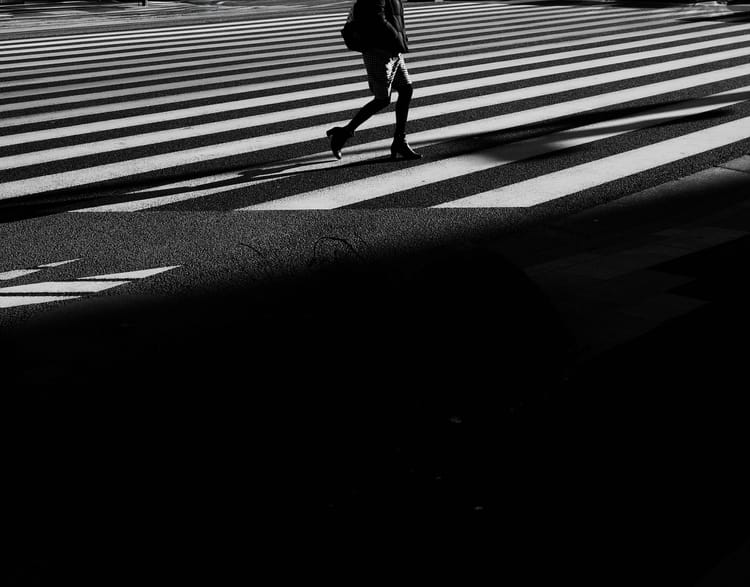
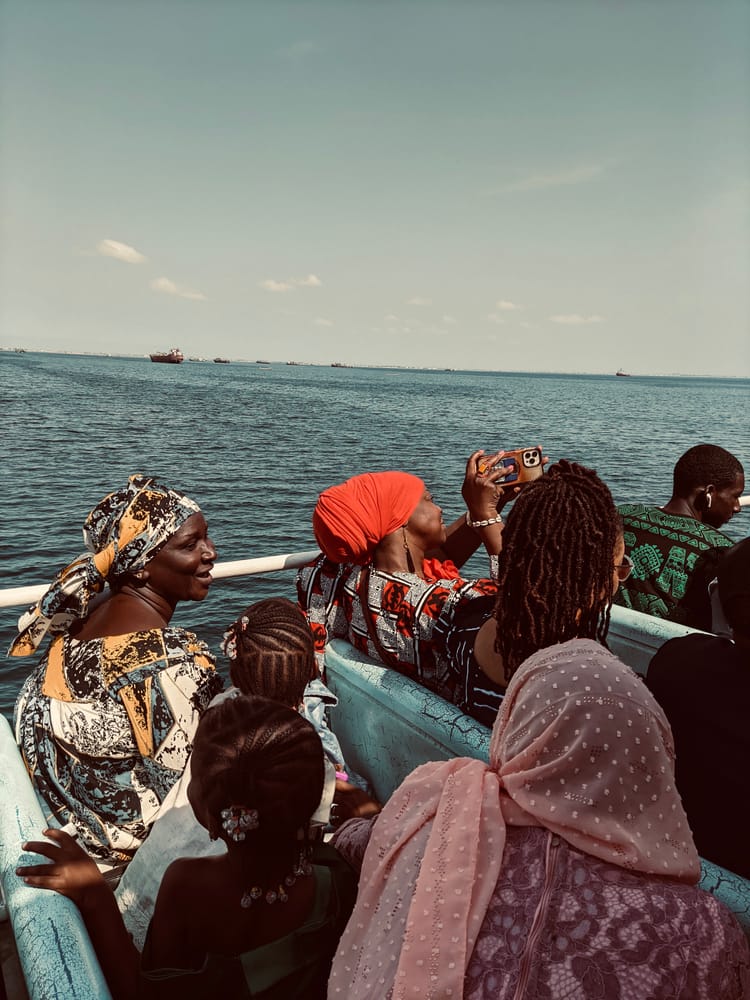
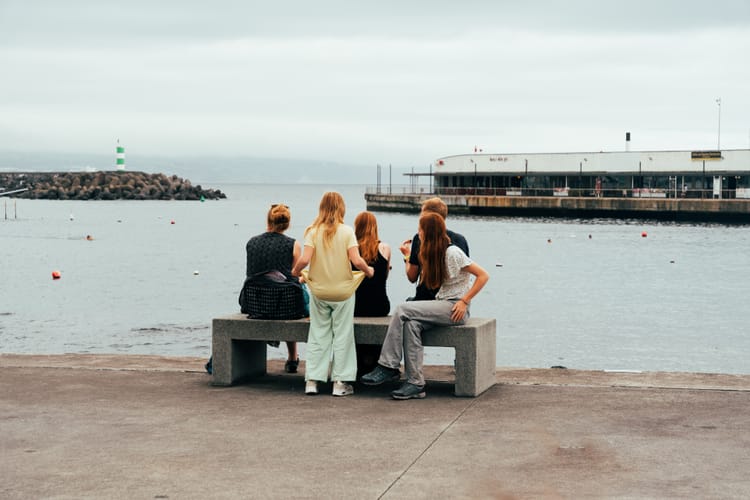
Comments ()